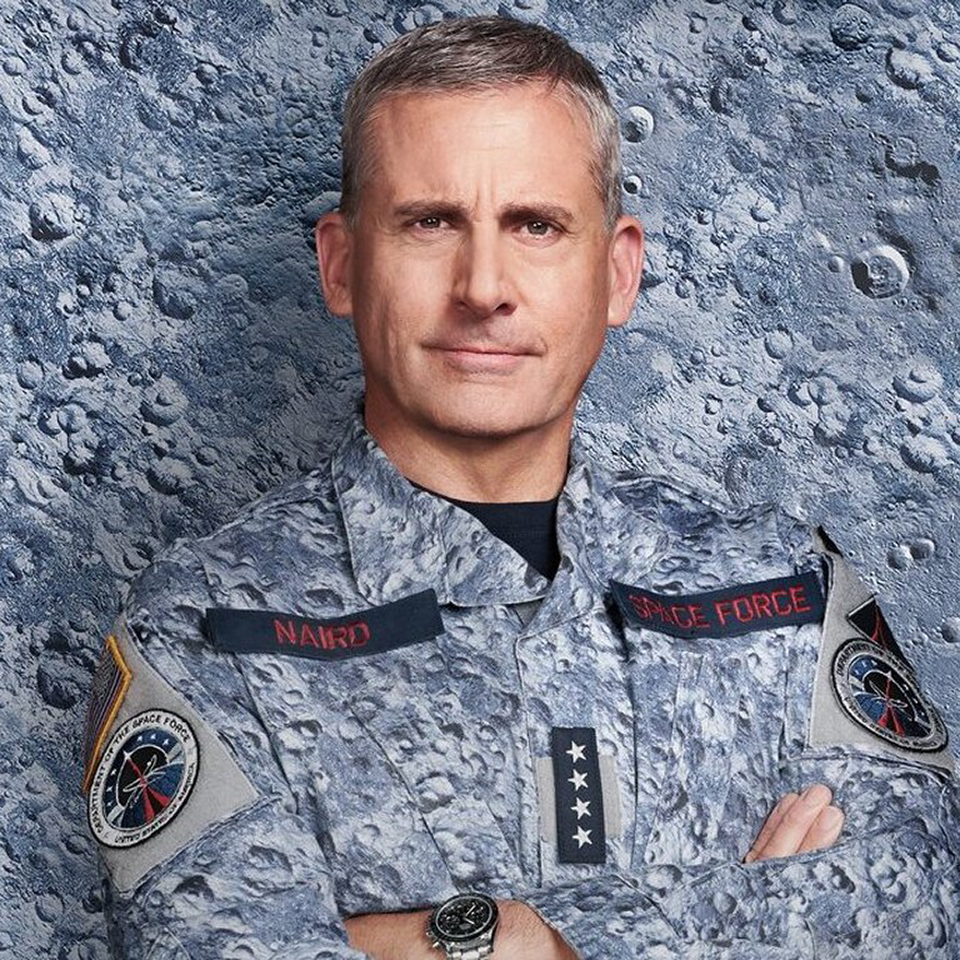On July 20, 1969, Neil Armstrong set foot on the Moon, opening a new era of human exploration. Along with other international leaders, Pope St. Paul VI sent a message with the Apollo 11 astronauts to be left on the Moon for posterity. He quoted the whole of Psalm 8, which includes the memorable verses, “When I look at your heavens, the work of your fingers, the moon and the stars that you have established; what are human beings that you are mindful of them, mortals that you care for them?” (4-5).
He later transmitted this message to Armstrong, Buzz Aldrin, and Michael Collins: “Pope Paul VI is speaking to you astronauts: Honor, greetings and blessings to you, conquerors of the Moon.”
To many people both inside and outside the Church, our success in breaking free from the boundaries of our planet was charged with spiritual significance. It also appeared to be an opportunity for peace and cooperation—a great unifier in fractious times. The plaque left on the Moon by the crew of Apollo 11 reads, “We came in peace for all mankind.”
More than fifty years later, the American space shuttle program has come and gone. The once breathtaking images of the Hubble telescope have become commonplace. Thousands of satellites are quietly floating by, facilitating our high-tech society without many of us noticing. For centuries humans were fascinated by the abundance and power of the heavenly bodies. But over the last few decades, if we bother to look up at all, we have begun to see “only sky,” as John Lennon sang. Our disagreements about ordinary earthly matters increase.
Could the tide turn back? For the first time ever, a 2019 Gallup poll showed that a slight majority of Americans favored a manned mission to Mars. On December 20, 2019, the United States Space Force was designated an independent branch of the American military. The current administration has announced plans to return to the Moon in the next five years and then start thinking about going further afield. But to what end?
The new Netflix series Space Force, co-created by Greg Daniels and Steve Carell, is timely. Unlike in the 1960s, Space Force reminds us that the spirit of today’s space age is confused, and unfortunately not very funny. Where Pope St. Paul VI understood the divine dimension of a trip to the moon, Space Force posits more chaotic and cynical arrangements. There is very little courage, and even less common ground. The “we” in President Kennedy’s 1962 “We choose to go to the Moon” declaration is now anything but a unified voice.
Carell plays General Mark Naird, who combines George C. Scott’s raspy voice in Patton and the aw-shucks loyalty and common sense of King of the Hill’s Hank Hill, with more than a touch of Michael Scott on the side. The rest of the cast, like the modern American military and scientific community, is a diverse collection of men and women of all races and backgrounds, including Tawney Newsome as Captain Angela Ali and Jimmy O. Yang as Dr. Chan Kaifang. The great John Malkovich steals most of the good moments of the show as the eccentric Dr. Adrian Mallory.
The fictional Space Force team work together to achieve difficult goals amid the kind of awkward comedy spots that Carell and Daniels made famous together on The Office; but the Christian viewer may wonder what the real goal is of all the hustle and bustle. Does returning to space satisfy a deep longing in the human heart? Does soaring through the atmosphere bring anyone closer to a recognition of our utter dependency on the living God and love for each other? Would a person in one of today’s space suits think to read Genesis 1 to a world waiting on pins and needles for a good word from above, as the Apollo 8 astronauts did on Christmas Eve 1968?
Space Force’s spiritual aimlessness is its biggest weakness. When, at the end of the season, General Naird bends on his commitment to a sacred obligation—albeit under very unusual circumstances—we are right to share his daughter’s disappointment. We would never have gotten to the Moon the first time by abandoning core principles in favor of individual happiness or even an abundance of safety. It is hard to imagine doing any great or noble thing by doing so today either—whether for God, for country, or even for comedy.
Carell said in a recent interview that Space Force is “really based on nothing except this name that made everybody laugh.” It shows. With such a rich topic for soulful comedy, the ten episodes of Space Force miss the mark. We can only hope that today’s real astronauts and scientists may do a better job recapturing some of the magic of days past. Maybe the next batch of “conquerors of the Moon” will not point us to the mostly empty “space” of nations vying for satellite superiority, but stand in the “heavens,” which still have the power to declare the glory of God to a disenchanted world.
We might even learn to laugh together again.
